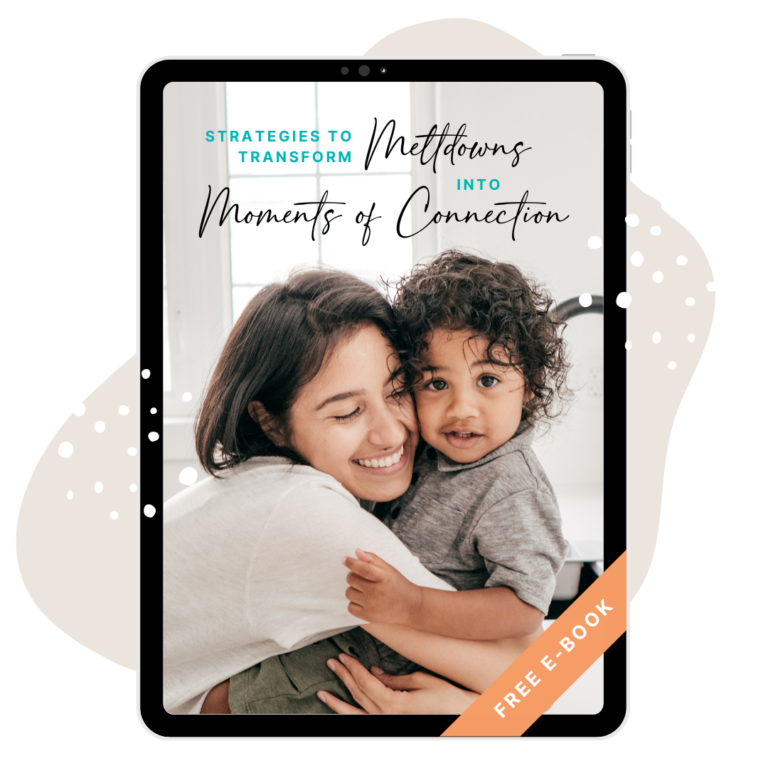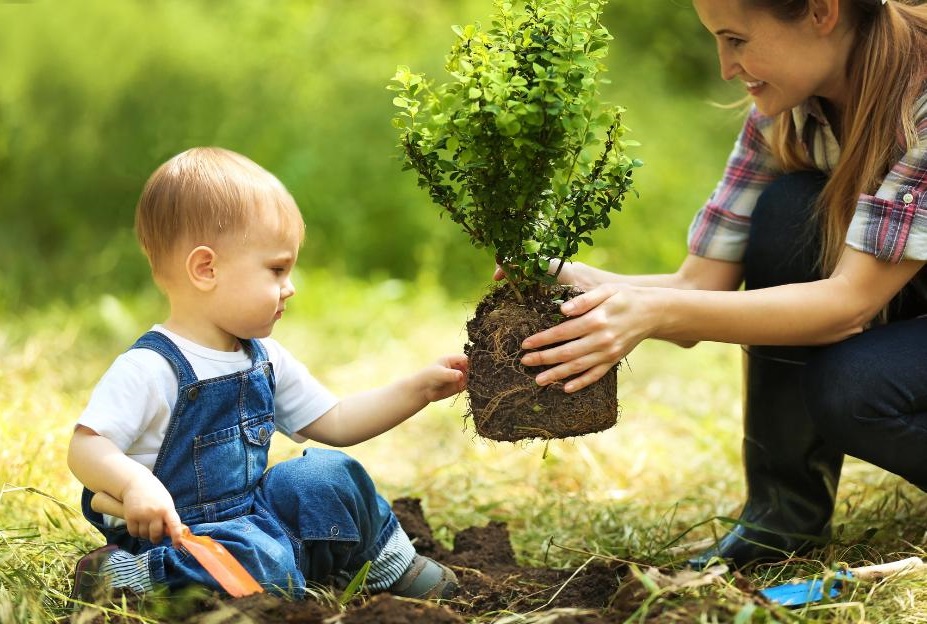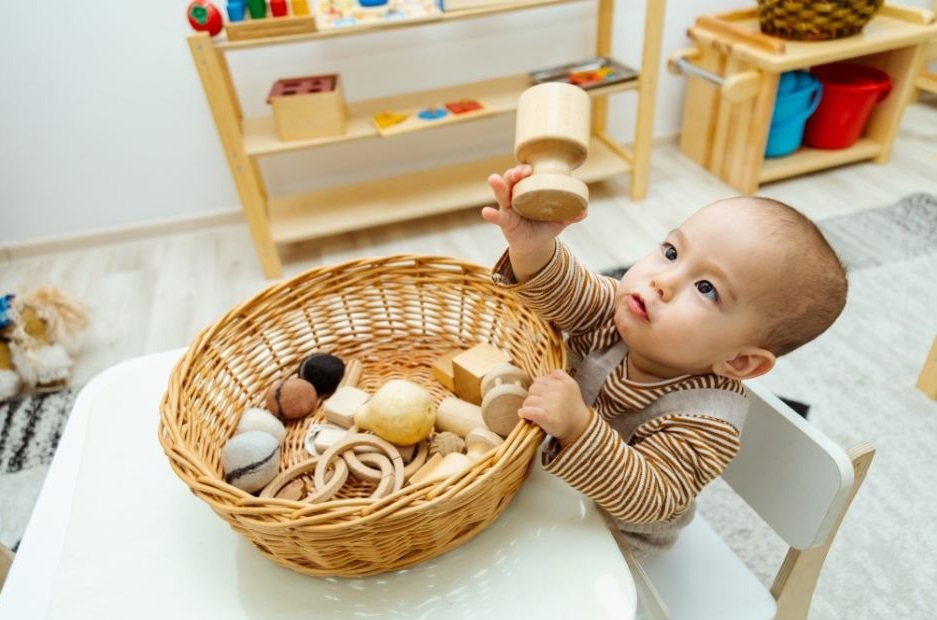“Who’s a BIG boy, you’re so strong!” Why we should avoid labelling our children and what to do instead.
This follows on the same trend as overpraising and using ‘good job’ for everything a child does. In today’s day and age the importance of building children’s self-esteem and a strong sense of self belief (i.e. intrinsic motivation) is paramount.
We want children to be empowered and have the ability to reflect on themselves and say – wow, I’m strong, I’m so big, I’m so proud of myself etc. not in an egoistic way but feeling empowered that they CAN do, that they CAN be without hearing it from others to validate it.
Discover practical, easy-to-implement strategies to gently navigate your child’s emotional outbursts, while maintaining your own sense of calm.
There is a big difference between external acknowledgment (hearing something from someone else to make yourself feel good or tell you what you are) vs. intrinsic motivation (building a strong sense of empowerment from within).
Often we feel the need to tell children how strong they are or how ‘big’ they are getting, but remember this is just your opinion of the child (not their self-dialogue). It almost provides a standard that they may have to live up to and what if they feel they can’t reach it? It can be damaging to their self-esteem.
What if we were able to use skills that allowed children to feel this way about themselves rather than us placing that idea onto a child? How much more powerful is it when a child can reflect and say, “Look, I’m so strong”. I’ll tell you a short story to expand my point. This took place as one of my 3.5 year olds walked into school carrying what she thought was a heavy bag:
Miss T: “OH, this bag is so heavy, I can’t carry it!”
Me: “Oh, so heavy, you can do it, use both your hands to put it in the cubby”
Miss T: “Ahh, I can’t”
Me: “That’s it! Look, you’re doing it!”
Miss T: (Puts bag in cubby, looks at me with the biggest smile and says) “Look! I did it! I’m SO STRONG” and flexes her muscle haha
What an amazing and empowering moment when a 3.5 year old can reflect on herself and know that they ARE capable and showcase their self-belief. The following points will help you build these skills in your children and give them a strong sense of self and wellbeing:
- Give information – “Use both your hands to put it in”. Give children helpful information that will encourage them
- Describe what you see – Use effective praise and avoid saying ‘big boy, good job etc’ and “Look you are doing it” or “You’re holding the bag! It’s off the floor”
- Empowering phrases – “You did it!”, “You must be so proud of yourself” or use tone to encourage “I can see the bag is in the cubby!”






